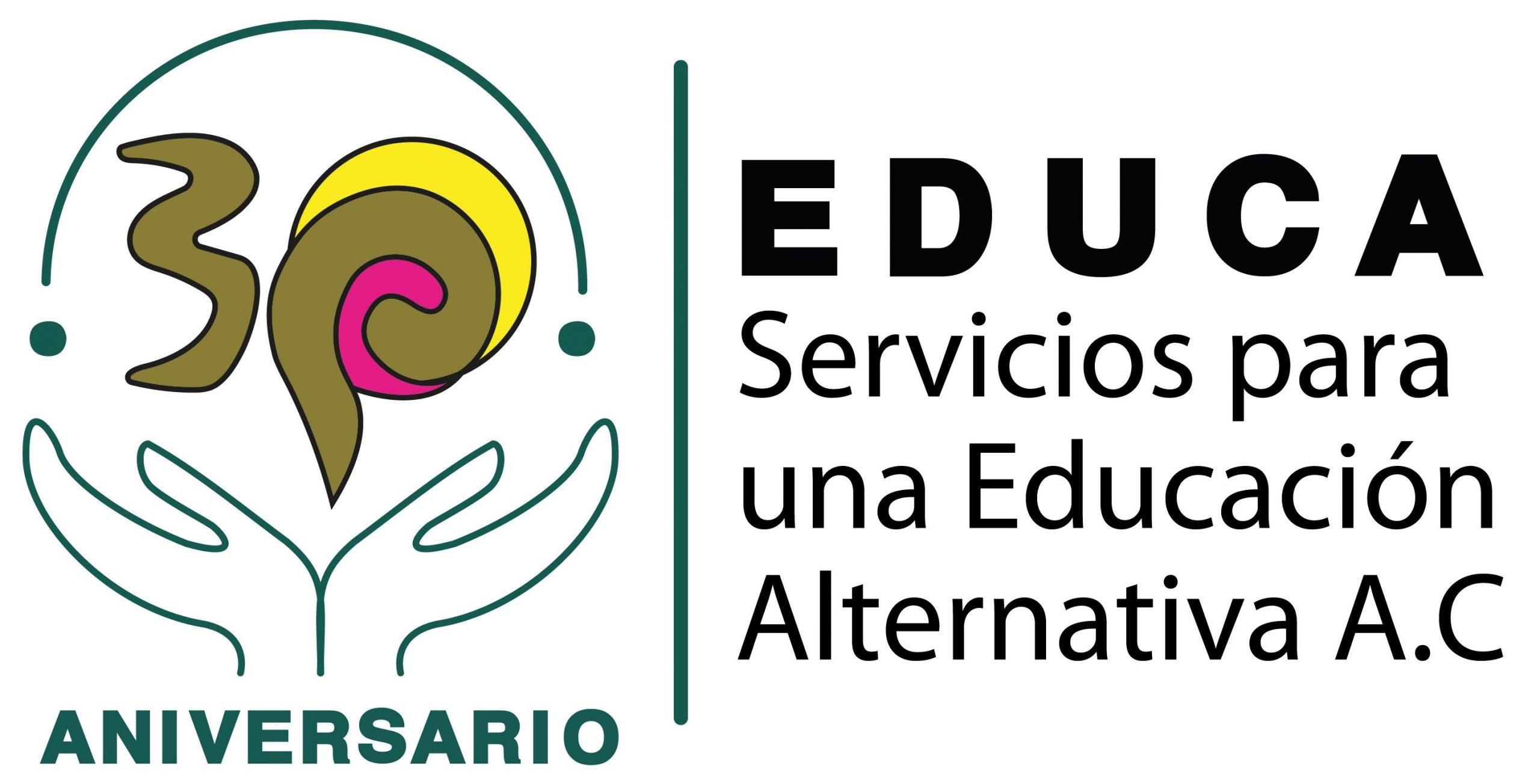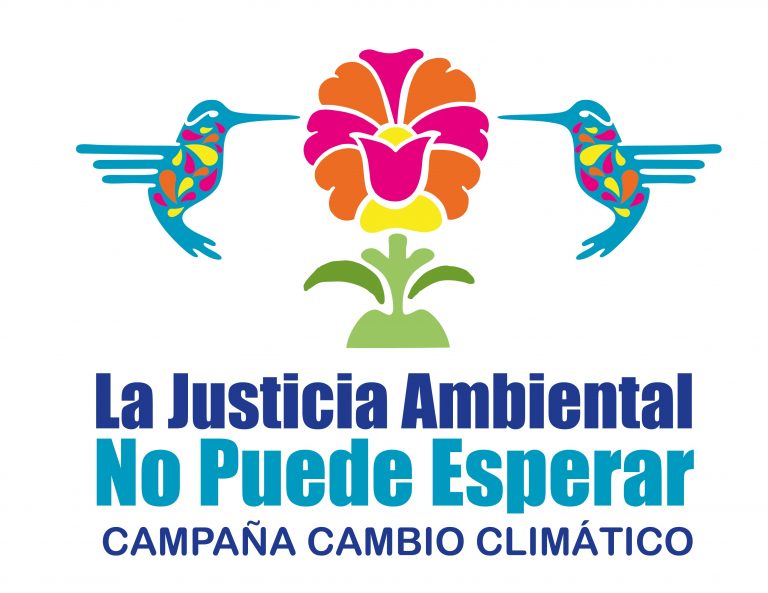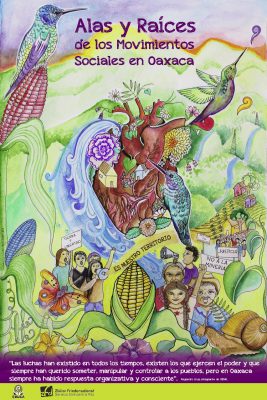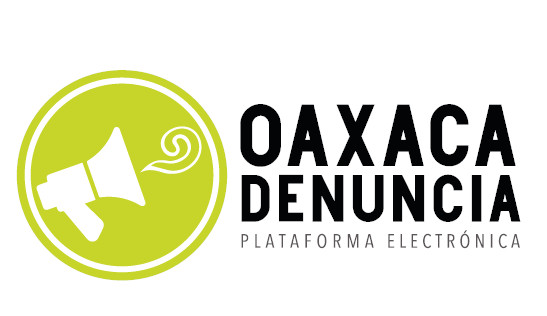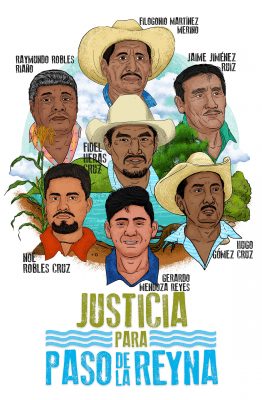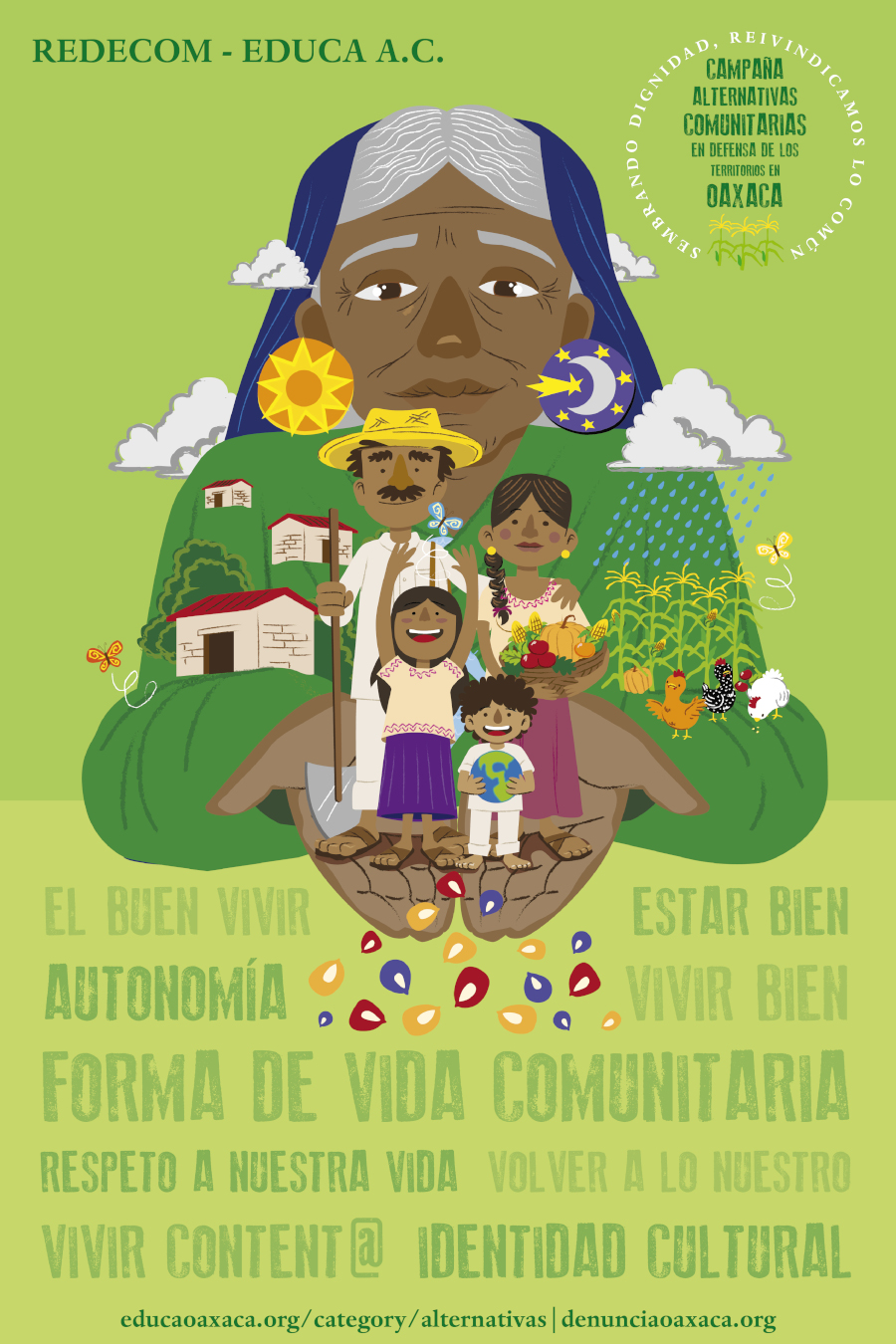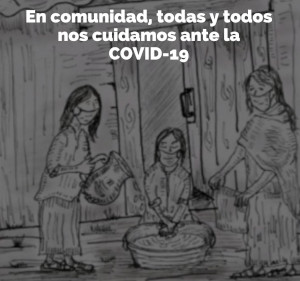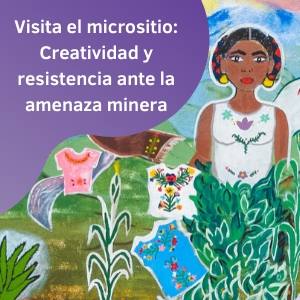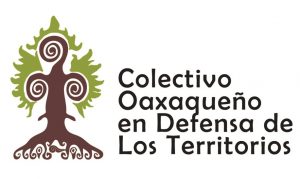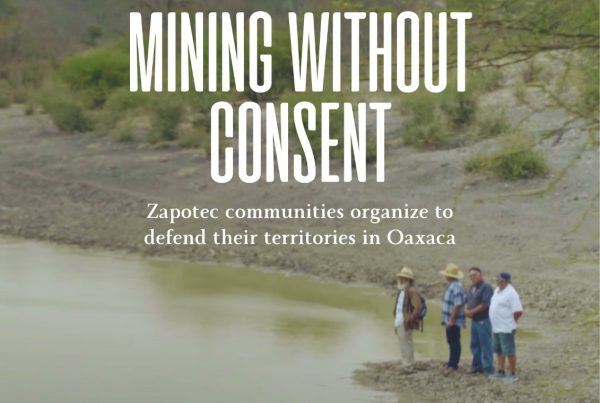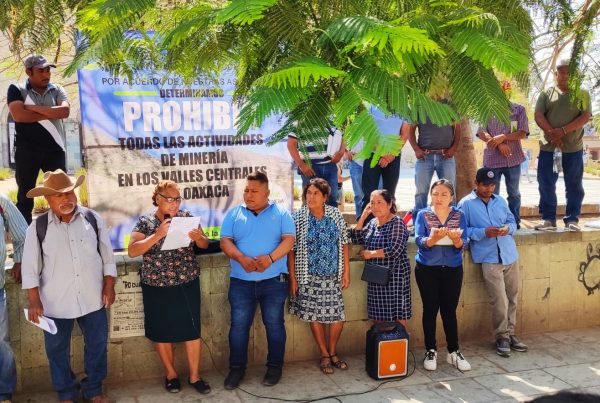 March has been prodigal in social resistance events against open-pit mining and other “megaprojects”. They are also a form of rejecting extractive policies in general, and in many cases they represent the effort to begin building another way of life that is less commercialized and more human.
March has been prodigal in social resistance events against open-pit mining and other “megaprojects”. They are also a form of rejecting extractive policies in general, and in many cases they represent the effort to begin building another way of life that is less commercialized and more human.
The first day of the month, in the municipality of San Luis Bentrán, in Oaxaca, dozens of organizations in the state met “in order to analyse the national and state situation, exchanging our experiences of struggle as well as exploring issues and conditions that will allow us to shape joint initiatives and immediate actions for social transformation.” Among the issues they discussed were the dispossession of territory and natural resources, violation of human rights and the [federal government’s] structural reforms, both those that are already approved as well as those that are threatening to be implemented.
In their analysis, projects for dams and for wind power generation were included, but mining occupied a prominent place. And with good reason, because in Oaxaca as well as other places, it has become an explosive problem. In the Central Valleys region, Tlacolula and Ocotlán, eight out of every ten hectares are under mining concession; while in the Southern Highlands and Oaxacan Coast, 120,000 hectares are in the hands of foreign and Mexican mining companies. One special case is that of the Isthmus of Tehuantepec, where in addition to 20 wind farm projects that have provoked a strong social protest, there are also several concessions already granted to mining companies.
Read complete article by Francisco López Bárcenas
Educa Oaxaca Report on Mining conflict in San Jose del Progreso
Peace Brigades International: Wind Farms and Concerns about Human Rights Violations in Oaxaca
![]()
